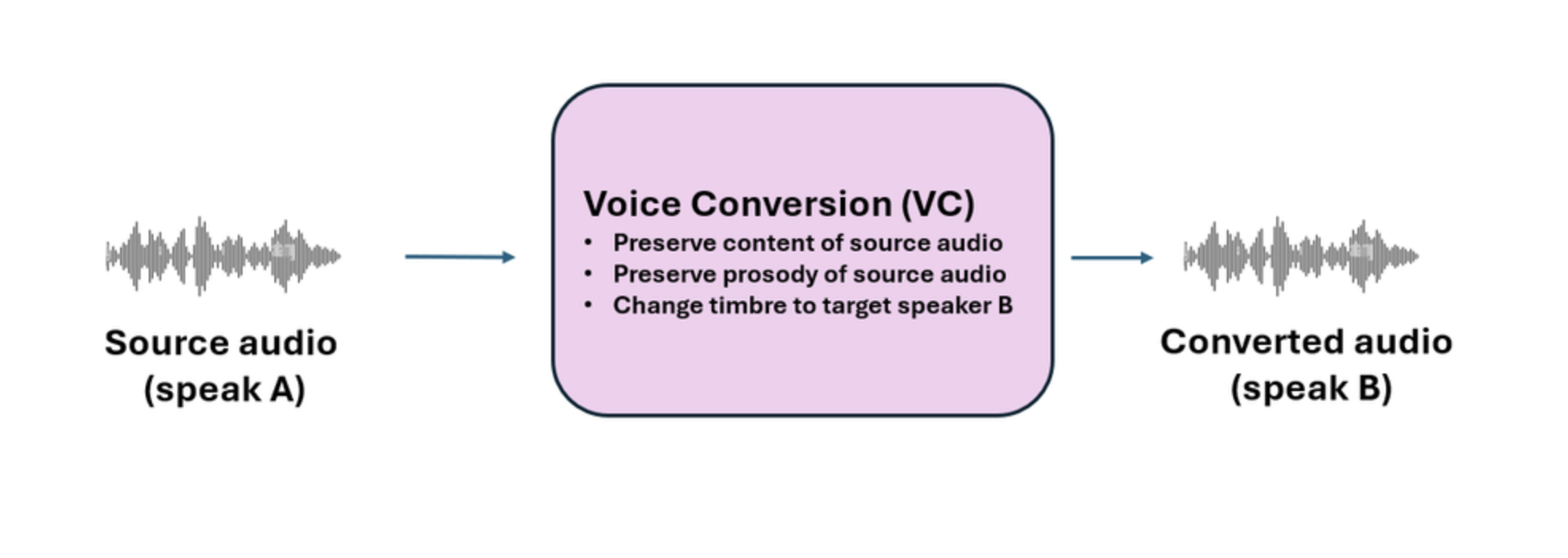Language Services: The Real Plot Twist of July 2025
July wasn’t “business as usual” for our industry.
It was legal showdowns, AI leaps, state-level pushback, and tech breakthroughs – all in the same month.
Here’s what you need to know.
Policy & Legal Shifts
US Court Rules AI Book Training as Fair Use
A federal court just ruled that training generative AI models (like Claude and Llama) on copyrighted books counts as fair use. That means AI developers can scrape and train on publicly available works without paying licensing fees. For language tech, this unlocks more training data – but it also raises the stakes for copyright holders worried about losing control over their content.

Massachusetts Pushes Back on Federal Cuts to Language Access
After the DOJ told agencies to “minimize non-essential multilingual services” under a new English-only executive order, Massachusetts hit back with the Language Access and Inclusion Act. If passed, state agencies would have to translate vital docs into at least 10 languages, review all machine translations with a human, and even face lawsuits for failing to provide proper language services. It’s state-level resistance in action – and it could set a blueprint for others.
AI Innovation & Market Expansion
Microsoft Adds Voice Conversion to Azure Speech
Microsoft just dropped a speech-to-speech voice conversion feature that keeps the original tone, rhythm, and emotion – while switching the voice identity. The goal? Make multilingual dubbing sound consistent across every language. In tests, it beat a top competitor in Mandarin clarity and will also integrate into Custom Voice so brands can keep their unique voice with just a small training set.

Access & Inclusion
Walmart, Zoom, and Apple Push Real-Time Multilingual Tools
Walmart rolled out a translation tool for 1.5M store associates, helping them better serve diverse customers. Zoom opened up meeting data to improve captions and interpretation quality, while Apple released on-device multilingual models focused on privacy. Together, these moves are nudging real-time language support into mainstream business tools.
Cultural & Educational Highlights
Catalan Kant Translation Wins Spain’s UNE Prize
For the first time, Critique of Pure Reason has been translated into Catalan – and it won Spain’s prestigious UNE Prize. It’s a win for both academic rigor and linguistic diversity, proving translation is still a cultural force in the age of AI.
The Takeaway
July proved one thing: the language industry is balancing on a tightrope.
Lean too far into AI without safeguards, and you lose trust. Ignore innovation, and you lose relevance.
The winners? Those who can do both – and stay compliant.
Talk to The Language Doctors about building a language access strategy that hits every mark.


